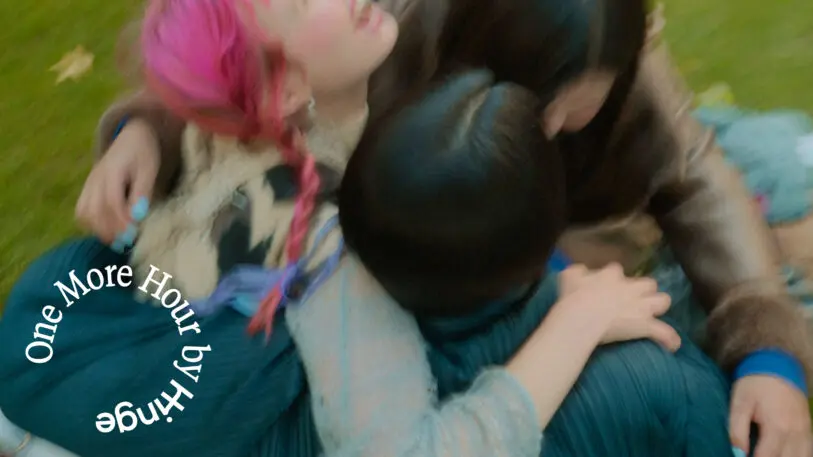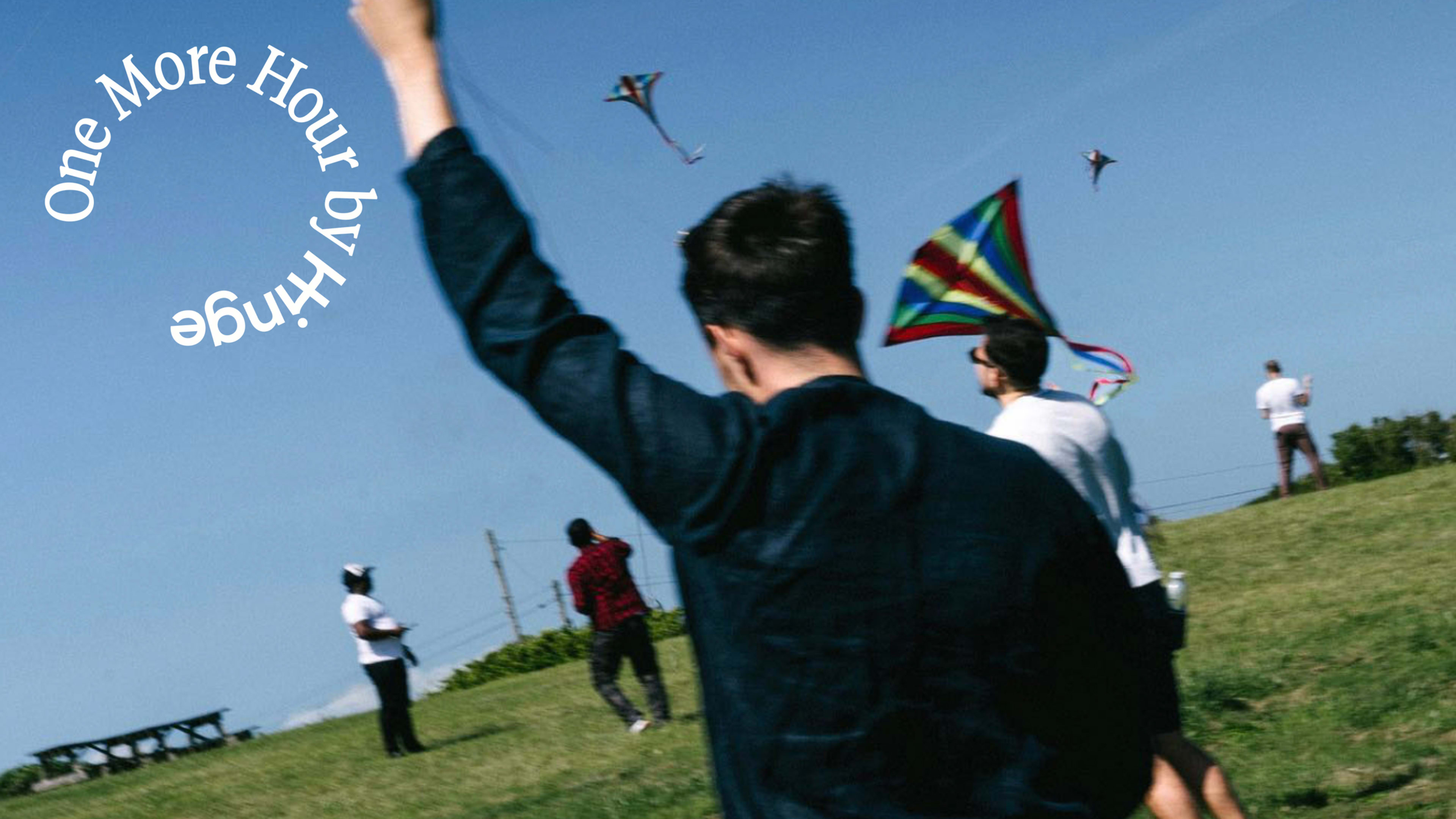Hinge wants you to get off of its app and foster platonic relationships.
The dating app giant is launching a $1 million social impact fund to tackle the loneliness epidemic that’s impacting its Gen Z users. Fiscally sponsored or 501(c)3 groups in Atlanta, Los Angeles, and New York City can apply for grants ranging from $10,000 to $25,000 each to develop “fresh, free/low-cost, and recurring in-person connection opportunities” for young adults.
“You could just tell people, ‘Go hang out, in person,’ but we know that doesn’t necessarily work,” Josh Penny, Hinge’s social impact director, tells Fast Company, noting that social clubs stand out as a way to combat growing concerns around generational loneliness because of their welcoming, low-pressure nature.
“You get to spend time around an activity, and it sort of takes the pressure down of getting to know other people because you’re there to do something and that connection is going to happen as a result of it,” says Penny, who is the company’s first social impact leader.
Applications for grants will be accepted from January 8 through 30. Recipients will be announced in mid-April.

The efforts come at a time when Gen Z—Hinge’s target user base—is reportedly feeling more disconnected than any other generation. The U.S. Surgeon General said in a May report that loneliness puts individuals at “greater risk for cardiovascular disease, dementia, stroke, depression, anxiety, and premature death.”
Social media and technology, of course, come into play here. The Surgeon General’s advisory doesn’t discount technology’s ability to “foster connection . . . with friends and family,” among other benefits, but regards as harmful “technology that displaces in-person engagement, monopolizes our attention, reduces the quality of our interactions, and even diminishes our self-esteem.”
When asked whether dating app culture has contributed to the loneliness problem, Penny says it has just changed how we communicate and meet people. “Can we use our technology to improve our IRL life? I think that Hinge is proof that you can,” he says. (Some research has suggested that dating app users report lower levels of self-esteem and psychological well-being than nonusers.)
Penny also contends that a healthier and happier offline life translates to a more successful Hinge experience. “We think that by helping our daters connect and strengthen their support networks, it will lead to better dates and relationships,” he says. “It frees up some of the air in the room for people to get their needs met in many different ways.”
Recognize your brand’s excellence by applying to this year’s Brands That Matter Awards before the early-rate deadline, May 3.
